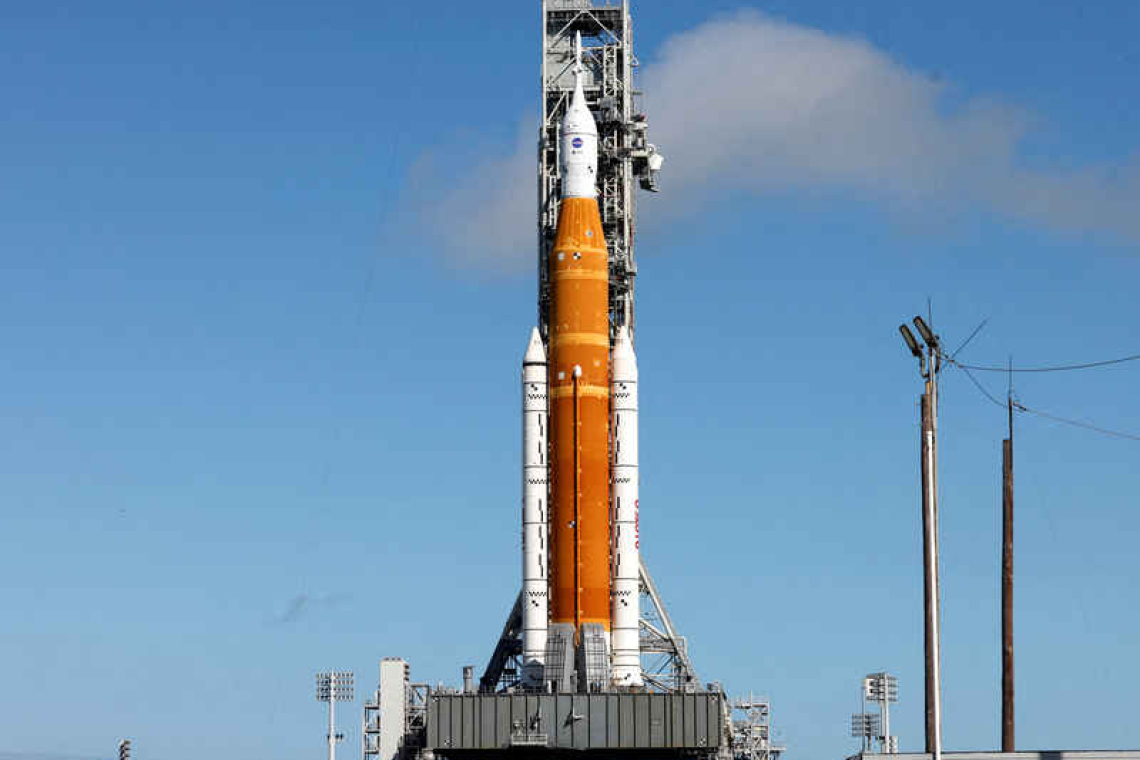WASHINGTON--NASA's plans to turn over its flagship rocket to contractors Boeing and Northrop Grumman to find more buyers and bring down costs faces steep hurdles thanks to meager demand even from the Pentagon and a sprawling supplier network. The U.S. space agency is pushing ahead with plans to hand ownership of the Space Launch System (SLS) to a Boeing-Northrup joint venture in the next few years, with a goal of cutting in half the rocket's price tag - estimated at $2 billion. But finding a market for a giant and costly rocket promises to be difficult, with the U.S. Department of Defense (DoD) - seen as a potential customer - signalling little interest. "It's a capability right now that we, the DoD, don't need," Colonel Douglas Pentecost, a senior rocket acquisition official with the U.S. military's Space Force, said in an interview.
"We have the capability that we need at the affordability price that we have, so we're not that interested in some partnership with NASA on the SLS system." As a commercial venture, the SLS could face other challenges including competition from cheaper and reusable rockets such as Starship from Elon Musk's SpaceX and New Glenn from fellow billionaire Jeff Bezos's Blue Origin. The SLS is not reusable. The SLS is an impressive sight, resembling an immense dart as it towers as tall as a 32-story building on the launch pad. But it has only ever served NASA. Its first and only use so far was last November when it was successfully launched from Florida as part of NASA's Artemis programme that aims to return astronauts to the surface of the moon as early as 2025. NASA's SLS vision has its skeptics. "I don't see the cost going down at this point to be competitive, just given the history and how challenging of a rocket it is to build," said Cristina Chaplain, former assistant director of the Government Accountability Office (GAO), the investigative arm of the U.S. Congress. "Even when they stabilize production, I don't see them having quite the factory line that you need to get for that kind of thing," added Chaplain, who led GAO audits of SLS.
A lack of SLS launch dates amid a backlog of Artemis programme missions in the coming years is another roadblock, even if there is demand for the rocket beyond NASA, Chaplain said. NASA currently manages SLS production, with Boeing and Northrop its top contractors, each having contracts under which the space agency bears any delay costs. Boeing and Northrop executives have declined to discuss plans for cutting SLS costs under the proposed commercial contract. Boeing said the potential deal was still being negotiated with NASA. The aim would be for the two companies to sell the rocket to other customers for the first time, after its decade in development and successful 2022 debut, NASA officials said. That would let NASA free up its budget and staff for other programmes under Artemis.







